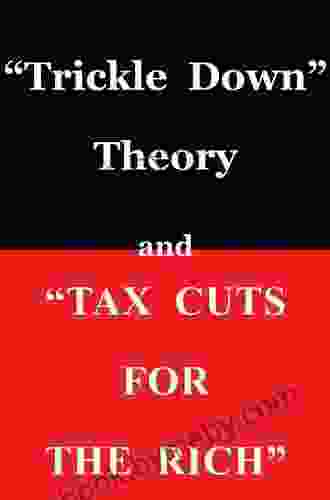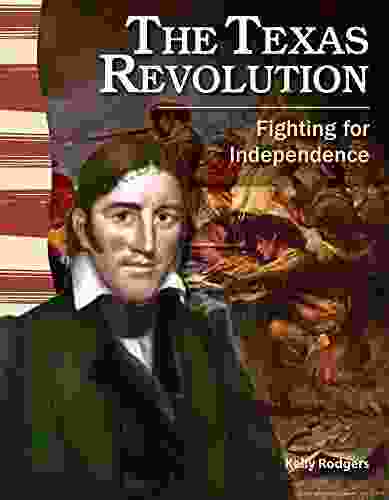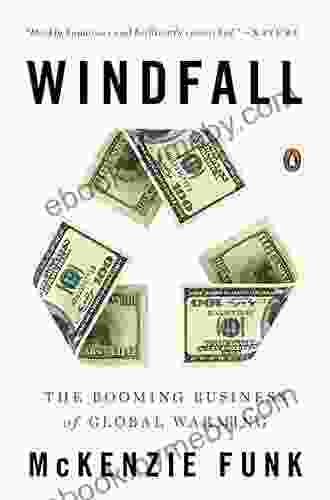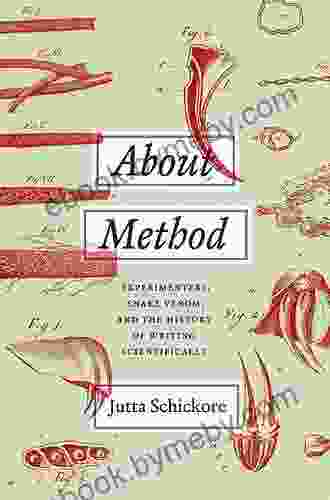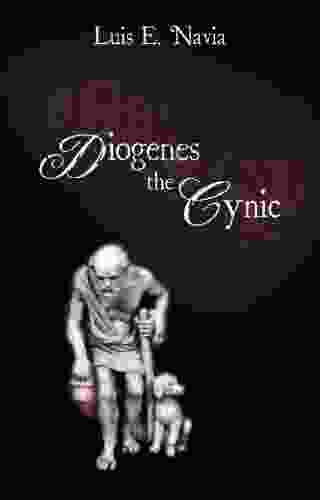Trickle Down Theory and Tax Cuts for the Rich: A Comprehensive Examination

4.7 out of 5
| Language | : | English |
| File size | : | 192 KB |
| Text-to-Speech | : | Enabled |
| Screen Reader | : | Supported |
| Enhanced typesetting | : | Enabled |
| Word Wise | : | Enabled |
| Print length | : | 23 pages |
| Lending | : | Enabled |
The trickle down theory, also known as supply-side economics, is an economic theory that suggests that tax cuts for the wealthy will ultimately benefit the entire economy. The theory is based on the assumption that wealthy individuals and businesses will invest their tax savings, creating jobs and stimulating economic growth. This growth will then trickle down to the rest of the population in the form of higher wages and increased economic opportunities.
The trickle down theory has been a popular economic policy in the United States for decades, and has been embraced by both Republican and Democratic presidents. However, the theory has been the subject of much debate, with critics arguing that it does not lead to economic growth and can actually increase wealth inequality.
History of the Trickle Down Theory
The trickle down theory has its roots in the economic theories of Adam Smith, who argued that the free market would lead to the greatest economic growth. Smith believed that the wealthy would invest their profits, creating jobs and stimulating the economy. This view was later adopted by classical economists such as David Ricardo and Jean-Baptiste Say.
In the 1980s, the trickle down theory was revived by economists such as Arthur Laffer and Jude Wanniski. Laffer argued that tax cuts would lead to increased economic growth, while Wanniski claimed that tax cuts would stimulate investment and create jobs.
Proponents of the Trickle Down Theory
The trickle down theory has been supported by a number of economists, politicians, and business leaders. Proponents of the theory argue that tax cuts for the wealthy will lead to increased investment, job creation, and economic growth. They also argue that the wealthy are more likely to save and invest their money, which will benefit the entire economy.
Some of the most prominent proponents of the trickle down theory include:
- Arthur Laffer
- Jude Wanniski
- Ronald Reagan
- George W. Bush
- Donald Trump
Critics of the Trickle Down Theory
The trickle down theory has also been criticized by a number of economists, politicians, and activists. Critics of the theory argue that tax cuts for the wealthy will not lead to economic growth and can actually increase wealth inequality. They also argue that the wealthy are more likely to save or invest their money overseas, which will not benefit the local economy.
Some of the most prominent critics of the trickle down theory include:
- Paul Krugman
- Joseph Stiglitz
- Hillary Clinton
- Barack Obama
- Bernie Sanders
Evidence Supporting the Trickle Down Theory
There is some evidence to support the trickle down theory. For example, a study by the Congressional Budget Office found that the Bush tax cuts of 2001 and 2003 led to increased economic growth. However, it is important to note that this study did not examine the long-term effects of the tax cuts, and some economists argue that the growth was due to other factors, such as the low interest rates of the early 2000s.
Another study by the National Bureau of Economic Research found that tax cuts for the wealthy can lead to increased investment. However, this study also found that the benefits of tax cuts for the wealthy are not as large as the benefits of tax cuts for the middle class.
Evidence Refuting the Trickle Down Theory
There is also evidence that refutes the trickle down theory. For example, a study by the Center on Budget and Policy Priorities found that the Reagan tax cuts of 1981 led to increased wealth inequality. The study found that the top 1% of earners saw their incomes increase by 18%, while the bottom 90% of earners saw their incomes increase by only 2%.
Another study by the International Monetary Fund found that tax cuts for the wealthy do not lead to economic growth. The study found that tax cuts for the wealthy can actually lead to lower economic growth by reducing government revenue and increasing the national debt.
The trickle down theory is a controversial economic theory that has been the subject of much debate. There is some evidence to support the theory, but there is also evidence that refutes it. The evidence suggests that the trickle down theory does not lead to economic growth and can actually increase wealth inequality. However, more research is needed to determine the long-term effects of tax cuts for the wealthy.
4.7 out of 5
| Language | : | English |
| File size | : | 192 KB |
| Text-to-Speech | : | Enabled |
| Screen Reader | : | Supported |
| Enhanced typesetting | : | Enabled |
| Word Wise | : | Enabled |
| Print length | : | 23 pages |
| Lending | : | Enabled |
Do you want to contribute by writing guest posts on this blog?
Please contact us and send us a resume of previous articles that you have written.
 Book
Book Novel
Novel Page
Page Chapter
Chapter Text
Text Story
Story Genre
Genre Reader
Reader Library
Library Paperback
Paperback E-book
E-book Magazine
Magazine Newspaper
Newspaper Paragraph
Paragraph Sentence
Sentence Bookmark
Bookmark Shelf
Shelf Glossary
Glossary Bibliography
Bibliography Foreword
Foreword Preface
Preface Synopsis
Synopsis Annotation
Annotation Footnote
Footnote Manuscript
Manuscript Scroll
Scroll Codex
Codex Tome
Tome Bestseller
Bestseller Classics
Classics Library card
Library card Narrative
Narrative Biography
Biography Autobiography
Autobiography Memoir
Memoir Reference
Reference Encyclopedia
Encyclopedia Karen Campbell
Karen Campbell Kate Mcmahon
Kate Mcmahon Kd Sofia Sigil
Kd Sofia Sigil Karla Oceanak
Karla Oceanak Olaf Baker
Olaf Baker Kamarun Kalam
Kamarun Kalam K W Tey
K W Tey Kelly Gay
Kelly Gay Michael Blake
Michael Blake Karen Deyoung
Karen Deyoung Sally Lloyd Jones
Sally Lloyd Jones Karen Kohlhaas
Karen Kohlhaas Kazuki Ebine
Kazuki Ebine Mike Commito
Mike Commito W Maxwell Prince
W Maxwell Prince Melissa Sperka
Melissa Sperka Kama Thomas
Kama Thomas Mac Fortner
Mac Fortner Lyndi Allison
Lyndi Allison Rob Eagar
Rob Eagar
Light bulbAdvertise smarter! Our strategic ad space ensures maximum exposure. Reserve your spot today!

 Mason PowellPrepare for Success on the HESI A2 Exam with McGraw Hill Education Practice...
Mason PowellPrepare for Success on the HESI A2 Exam with McGraw Hill Education Practice...
 Reginald CoxUnlock the Treasures of Indigenous Language: A Comprehensive Guide to Matamua...
Reginald CoxUnlock the Treasures of Indigenous Language: A Comprehensive Guide to Matamua... Phil FosterFollow ·7.2k
Phil FosterFollow ·7.2k Nathan ReedFollow ·12.8k
Nathan ReedFollow ·12.8k Nathaniel HawthorneFollow ·2.4k
Nathaniel HawthorneFollow ·2.4k Terence NelsonFollow ·15.9k
Terence NelsonFollow ·15.9k Fabian MitchellFollow ·4.6k
Fabian MitchellFollow ·4.6k Jeffery BellFollow ·12.1k
Jeffery BellFollow ·12.1k Bradley DixonFollow ·14.7k
Bradley DixonFollow ·14.7k Israel BellFollow ·9.3k
Israel BellFollow ·9.3k

 George Orwell
George OrwellPandemic with Dogs: Two Essays
By Susannah Charleson In the midst of...
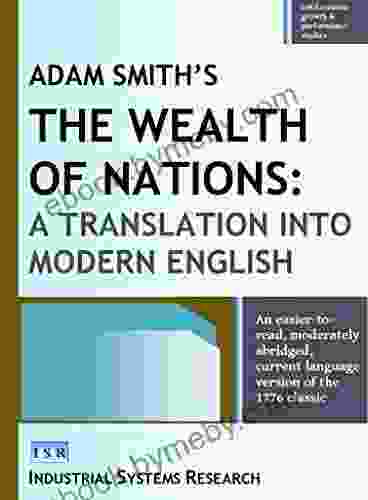
 Leo Mitchell
Leo MitchellAdam Smith's The Wealth of Nations: A Classic Treatise on...
Adam Smith's The...
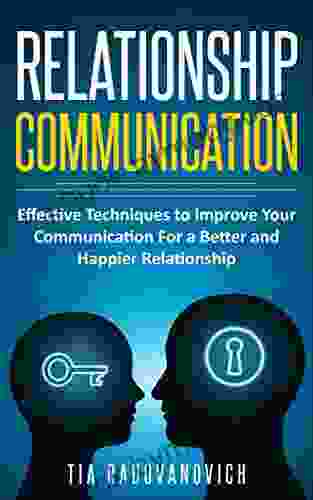
 Cade Simmons
Cade SimmonsUnlock Your Communication Potential: Effective Techniques...
Communication is a fundamental...

 Floyd Richardson
Floyd RichardsonFire and Ashes: Success and Failure in Politics
Fire and Ashes: Success and...
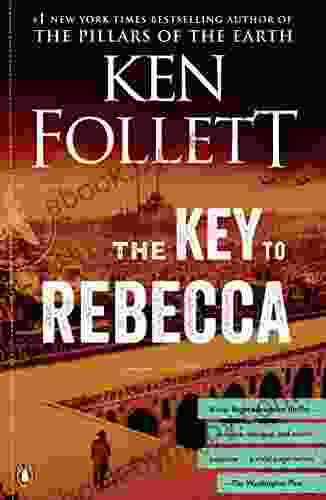
 Oliver Foster
Oliver FosterUnlock the Enchanting Mystery of Ken Follett's "The Key...
Embark on a captivating literary journey into...
4.7 out of 5
| Language | : | English |
| File size | : | 192 KB |
| Text-to-Speech | : | Enabled |
| Screen Reader | : | Supported |
| Enhanced typesetting | : | Enabled |
| Word Wise | : | Enabled |
| Print length | : | 23 pages |
| Lending | : | Enabled |


